The Cost
Nothing is completely free in this life. There’s a cost attached to everything we do. And it’s rarely a monetary one. Most things worth having cost us much more than that. But the question is, are we willing to pay it?
American Novelist and Nobel Prize winner John Steinbeck said, “Anything that just costs money is cheap.” I smirked when I first read that quote because I took it as a witty quip. But after it soaked in and I’d returned to it a few times, I realized the depth of it.
Think about the things that are most desirable to us as humans: happiness, love, health, respect. You can’t buy any of those things, no matter how often we’re told we can by people eagerly ready to profit off of us.
But if we aren’t paying for things with money, what are we paying with?
Time is our most valuable asset. It's very limited, cannot be saved up for later use, and once it's gone there’s no getting it back. Sam Colt, the inventor of the first handheld revolver, might think his rapid-fire pistol was the great equalizer but it’s really time. We all get the same 24 hours in a day. Anything that costs us significant amounts of time should be considered carefully.
But that’s not the only way to pay for things outside of cash. We can pay with effort, emotion, attention, vulnerability, honesty, and a myriad of other ways. They’re all more valuable than cash and shouldn’t be spent too easily.
Unfortunately, we often think of things that don’t cost money as free. But that couldn’t be further from the truth. It’s actually one of the quickest routes to dissatisfaction. When we assign more value to money than our time, health, peace of mind, etc., we prioritize it over those things too. We continue to trade more time for more money, while our stress levels increase and our health deteriorates. In the moment, we make those trades thinking that we’re winning because we’re making more money. But what we’re actually doing is trading our most valuable assets for the cheapest of all.
Let’s look at another situation. When you decide to cut corners at work in order to “get ahead,” or tell a white lie to cover yourself, it might not cost you any money. But it did cost you your integrity.
The last situation I want to look at is maybe the most important. Because it’s not always as simple as factoring time or stress into the equation. So let’s go a little deeper. Picture this. You’re fundamentally not the person you want to be and you’re reminded of it every morning when you wake up because you’re just a little more dissatisfied than you were the day before. Where do you even start? What’s the cost of change?
To answer that question, I’ll turn to a quote that hasn’t left my mind for several weeks now. Author Brianna Wiest said, “Your new life will cost you your old one.” Read that again slowly… That quote perfectly distills the essence of growth into one simple line. To become who you want to be, you need to sacrifice who you are now.
A great way to picture this is monkey bars. In order to get from one end of the monkey bars to the other, you have to keep letting go of the bar you’re holding onto, knowing you’re going to reach for and hold onto another bar closer to where you’re trying to get to.
Everything has a cost. The question is, are you willing to pay it?
